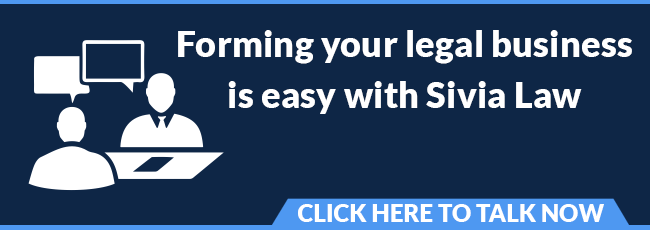What You Need to Know Before You Create a Legal Business Plan

- Better understand your target market’s demographics, economic tendencies, and behaviors
- Clarify your approach to producing, manufacturing, marketing, and selling your products or services
- Create benchmarks for accountability
- Sort out complexities involved in your supply chain, operations, and financials.
- Solve problems sooner.
- Knowing what your business is. What types of products or services will you sell? How would you describe your company? Where is your company located? How many people do you plan to involve? How do you create value?
- Getting funding and creating revenue. How is your business going to be financed? How will your business make money? What’s the return on the investment for investors?
- Structuring your business. Are you a sole proprietor, or do you envision involving partners? What liabilities are you comfortable taking on, and which should fall to your business? Review our guide on how to pick a legal business structure.
- Sales and marketing - Who will buy your product or service? How will you market to them? Is your sales process long or short? What does the sales process entail?
Interested in Working With Us?
If you need help with estate planning or any other legal concerns, we are here for you. Don't hesitate to contact our firm directly for assistance. Our dedicated team is ready to provide support and guidance to you and your loved ones during important life transitions.
Whether you're ready to schedule a strategy session to discuss your specific needs or if you're interested in exploring our wide range of complimentary guides and additional resources, we encourage you to get in touch with us.
With licensed attorneys and offices located in both Illinois and Missouri, we are well-equipped to serve clients in these regions. Reach out to us today and let us leverage our expertise and care to guide you through the legal process.
Helpful Guides
Begin your journey by taking advantage of our collection of complimentary guides.
Online Documents
Simple & Convenient, Cost Effective, Attorney Reviewed Documents.









